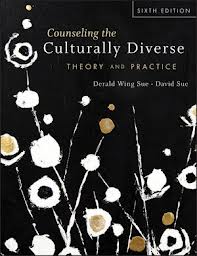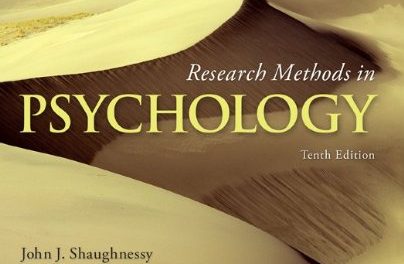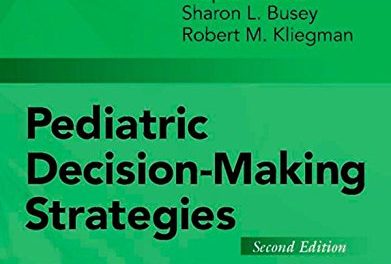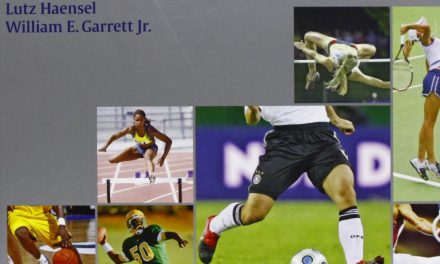 Authors: Derald Wing Sue and David Sue
Authors: Derald Wing Sue and David Sue
Publisher: Wiley – Higher Education
Book Review by: Paiso Jamakar
This large book of 26 chapters and 630 pages on the subject of how to help racial, cultural, gender and other minorities (e.g. sexual orientation) live in American society in the face of discrimination has been described by experts on the subject as a ‘standard’ and a ‘classic’ text for counselors in the field.
Words and phrases such as ‘authoritative,’ ‘clinically compelling,’ ‘comprehensive,’ ‘defining the field,’ ‘illuminating,’ ‘phenomenal,’ and ‘pragmatic,’ have been used by teachers on the subject, psychologists and others in lavish praise of this one-of-a-kind work
This is the sixth edition of this book which first appeared in 1981. According to its Preface, this book is used in almost half of graduate-level training programs in counseling programs. Moreover, concepts covered in it have become part the questions asked in licensing and certification programs.
The book’s authors – Derald Wing Sue and David Sue – are professors of clinical psychology and counseling.
Derald Sue has been identified in a national survey as “the most influential multicultural scholar in theUnited States.” He is a professor of psychology and education at Teachers College inColumbiaUniversity. He has served as president of the Society for the Psychological Study of Ethnic Minority Issues, the Society of Counseling Psychology and the Asian American Psychological Association.
David Sue is a professor emeritus of psychology at WesternWashingtonUniversity. He has served as the director of the psychology counseling clinic and mental health counseling program at that institution. David Sue has co-authored, with his wife Diane Sue, three other books: Foundations of Counseling and Psychotherapy, Understanding Abnormal Psychology, and Essentials of Abnormal Psychology.
This book has seven parts entitled as follows: Part I – The Affective and Conceptual Dimensions of Multicultural Counseling / Therapy; Part II – The Political Dimensions of Health Practice; Part III – The Practice Dimensions of Multicultural Counseling / Therapy; Part Iv – The Racial / Cultural Identity Development in Multicultural Counseling and Therapy; Part V – Understanding Specific Populations; Part VI – Counseling and Therapy With Racial / Ethnic Minority Group Populations; and Part VII – Counseling and Special Circumstances Involving Racial / Ethnic Populations.
The unique features of this book as listed by the authors are: its integrated conceptual framework; up-to-date coverage of research in the field; ability to actively address clinical applications through translating research and concepts to practice; use of numerous examples, vignettes and case studies that add life and meaning to the material; an engaging writing style; and a passionate style of communication – hard-hitting, intense and challenging.
The authors present an example to prove the point that it takes being and living as an ethnic minority and being discriminated against personally by the White majority in the United States to truly understand and empathize with members of your own ethnic group who have also experienced “devaluation.”
One of the contributors to this volume – Mark S. Kiselica, a doctoral candidate in 1985 atPennsylvaniaStateUniversity’s counseling psychology program – writes that he was angered upon first reading this book. Feelings of disgust also arose in him. The authors had “blasted the mental health system for its historical mistreatment of people who were considered to be ethnic minorities in theUnited States.”
Kiselica continues about Derald Wing Sue “especially took on White mental health professionals, charging them with a legacy of ethnocentric and racist beliefs and practices that harmed people of color and made them leery of counselors, psychologists, and psychiatrists. It seemed that Sue didn’t have a single good thing to say about White America. I was ticked off at him, and I resented that I had to read this book.” (Kiselica had to read the book to prepare for his comprehensive examinations as part of obtaining his PhD).
But Kiselica’s feelings of anger gradually changed to empathy forU.S.minorities, as he examined his own grandmother’s family members’ hardships inIrelandand their lives of desperation and severe poverty in the midst of political and cultural domination by the British people through the ages. Among other acts of persecution, his ancestral Irish peoples’ language – Gaelic – was taken away from them, and they were forced to change the spelling of their last name.
On his father’s side too, Kiselica’s family members inSlovakiahad been poor. They also suffered through many years of persecution, including destruction of their homes and villages, desecration of their churches, and abandonment of their political institutions by invading armies.
All in all, this is an outstanding book written by two of the top experts in counseling multi-culturally diverse people and passing on what they’ve learned to new teachers on the subject. A tremendous amount of work has gone into the preparation for and writing of this updated edition of this classic work. We give our kudos to the authors.






